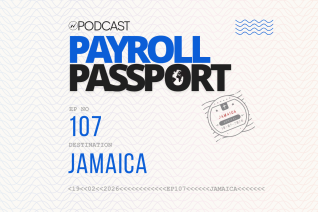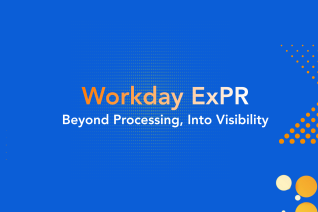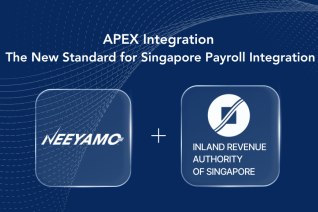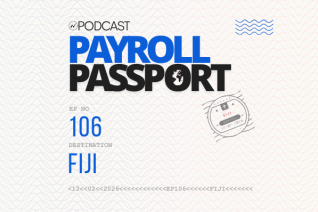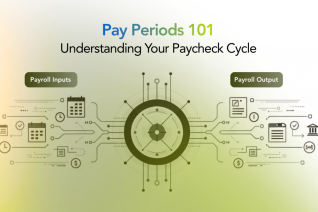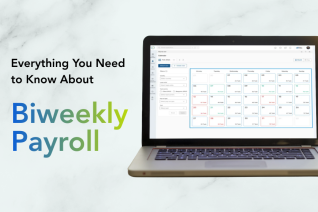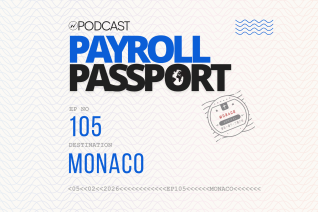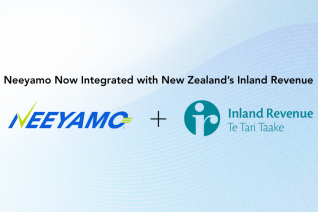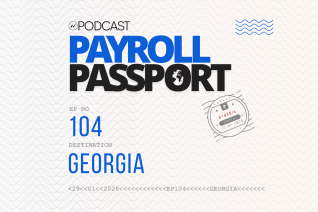Country Spotlight: Payroll in New Zealand

Where turquoise lakes reflect snow‑capped peaks and vibrant cities like Auckland and Wellington pulse with entrepreneurial energy, New Zealand offers businesses an attractive gateway into the Asia‑Pacific region. For companies planning expansion into Aotearoa, mastering the country’s payroll framework is critical for building a compliant and motivated workforce. This spotlight demystifies registration requirements, KiwiSaver rules, employment obligations, and best practices for smooth payroll operations in New Zealand.
Foundations of New Zealand’s Payroll System
Employer registration & PAYE obligations
All employers must register with the Inland Revenue Department (IRD) before paying staff. If a company already has an IRD number, it can register for Pay‑As‑You‑Earn (PAYE) by filing an employer registration form. Companies without an IRD number must obtain one before registering.
New Zealand categorizes employers as large or small PAYE withholders. Those whose gross annual PAYE and Employer Superannuation Contribution Tax (ESCT) is under NZD 500,000 pay deductions monthly; deductions for all wages paid in a month are due to the IRD by the 20th of the following month. Employers with gross PAYE and ESCT above NZD 500 000 must remit deductions twice per month wages paid from the 1st to the 15th must be remitted by the 20th of that month and wages paid from the 16th to the end of the month are due by the 5th of the following month; the second December period is due on 15 January. Late payment or lodgement triggers penalties and interest.
ACC levies
Alongside PAYE, employers and employees contribute to the Accident Compensation Corporation (ACC), which provides insurance coverage for work‑related injuries and illnesses. Earners’ levies are charged on employment income at a flat rate of 1.53 % per NZD 100 in the 2023‑24 tax year and 1.60 % in 2024‑25. ACC also sets annual maximum earnings thresholds beyond which the levy is not applied.
ALSO READ | New Zealand: A Guideline to Payroll and Employer of Record
Retirement Savings: KiwiSaver
Contribution requirements
KiwiSaver is a voluntary, work‑based retirement savings scheme open to New Zealand citizens and permanent residents. Employers must automatically enrol new employees aged between 18 and 64 into KiwiSaver. Employees have a 2–8‑week window to opt out.
Employers are required to contribute at least 3 % of an employee’s gross salary or wages into the employee’s KiwiSaver account or another complying fund. Employer contributions are not required for employees younger than 18 or those who have reached the New Zealand Superannuation age (65). Employees may choose to contribute 3 %, 4 %, 6 %, 8 % or 10 % of their before‑tax pay. Contributions (both employer and employee portions) are remitted to the IRD together with PAYE under PayDay filing.
Employment Obligations & Leave
Minimum wage
New Zealand applies a nationwide adult minimum wage for workers aged 16 and over. From 1 April 2023, the adult rate increased to NZD 22.70 per hour. Training and starting‑out rates are 80 % of the adult wage (NZD 18.16 per hour). These minimums apply to full-time, part-time, casual, and fixed-term employees, including those working from home.
Annual holidays & public holidays
Employees accrue four weeks of paid annual leave after 12 months of continuous employment. Unused leave generally carries over, and employees may cash in up to one week each year. New Zealand observes ten national public holidays plus a regional anniversary day; if a public holiday falls on a day an employee normally works, the day is paid. Employees required to work on a public holiday receive 1.5 times their pay and a paid alternative holiday.
Annual holidays & public holidays
Employees accrue four weeks of paid annual leave after 12 months of continuous employment. Unused leave generally carries over, and employees may cash in up to one week each year. New Zealand observes ten national public holidays plus a regional anniversary day; if a public holiday falls on a day an employee normally works, the day is paid. Employees required to work on a public holiday receive 1.5 times their pay and a paid alternative holiday.
TUNE IN NOW | Payroll Passport Ep 34. New Zealand
Considerations for Foreign Employers
Foreign companies hiring in New Zealand must either establish a local entity and register with the IRD for PAYE or partner with an Employer of Record (EOR). Employment agreements must comply with minimum wage and leave provisions. Salaries are paid in New Zealand dollars (NZD), and employers must ensure compliance with KiwiSaver and ACC contributions.
Why choose Neeyamo?
Managing payroll in New Zealand can be intricate, but with the right partner, businesses can stay compliant and operate efficiently. Neeyamo simplifies payroll operations across 160+ countries, including New Zealand by helping you navigate local regulations, from severance trusts to social security reporting. Still unsure? Here’s why we’re the right partner for your payroll journey in New Zealand:
Not convinced yet? Here's why we're your ideal partner:
Regulatory Roadblocks? Confidently navigate New Zealand’s evolving labor and tax laws.
Irritated with Integration? Seamlessly connect your global HR and finance systems.
Chaotic Control? Command your multi-country workforce from a single unified platform.
Tardy Transactions? Ensure prompt, accurate salary disbursements every cycle.
Doubtful Digital Defense? Protect sensitive payroll data with enterprise-grade security.
Neeyamo? Your passport to hassle-free global payroll, now in New Zealand and beyond.
Write to us at irene.jones@neeyamo.com to learn how Neeyamo Payroll™ can simplify your payroll operations in New Zealand and help you stay future-ready
Latest Resources
Stay informed with latest updates
If you're curious and have a thirst for knowledge pertaining to the HR, payroll, and EOR universe, don't miss out on subscribing to our resources.




